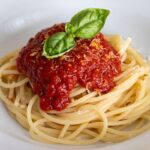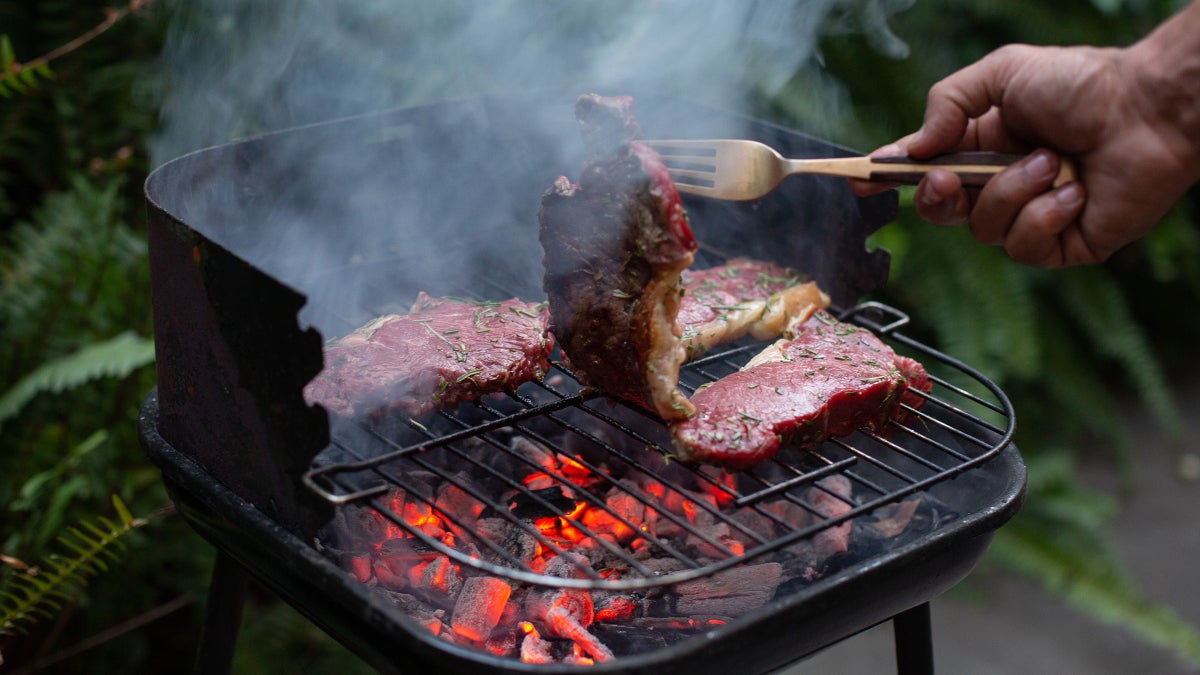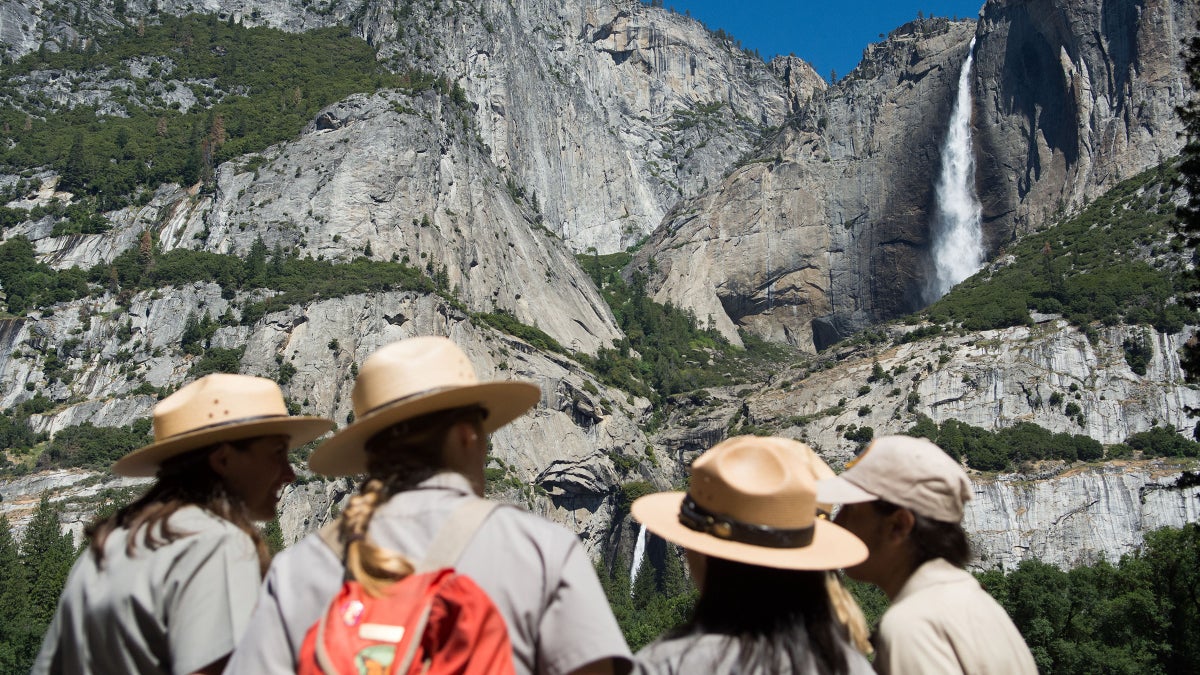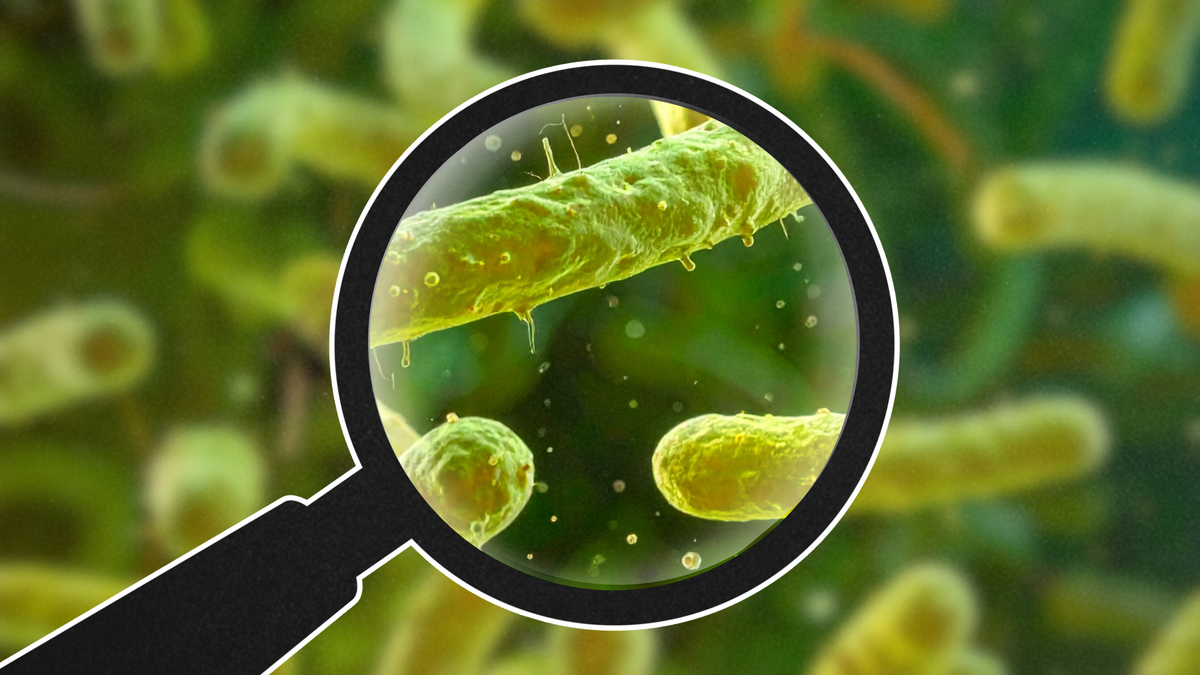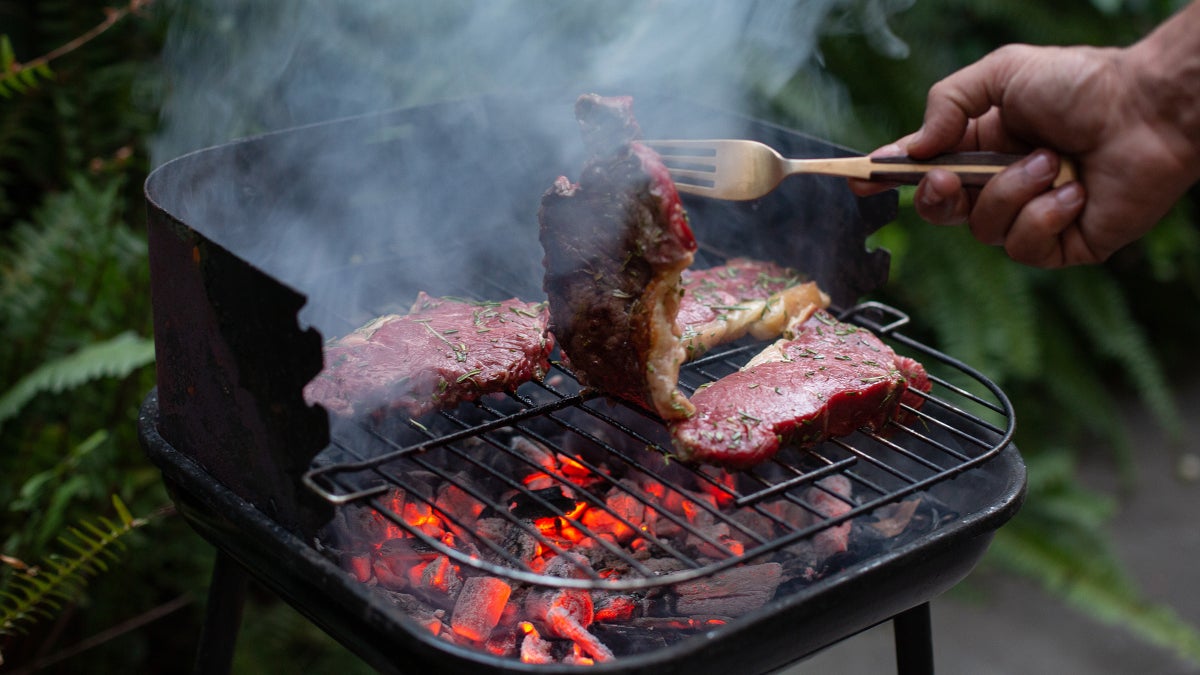
Dear Sundog,
So many outdoor athletes sing the praises of an ultra-high-protein diet. But the last time I checked, most protein comes from meat, and meat is the least sustainable food on the planet. Isn’t it unethical for people who proclaim to care about the environment to ramp up their beef-eating just to improve performance?
Totally Opposed to First-world Unfairness
Dear TOFU,
The protein craze is officially stupid now, with Starbucks now dumping a scoop of whey powder into its Iced Banana Cream Protein Matcha, and other frothy confections designed to smear a white moustache on unwitting consumers. Spoiler alert: with its nine teaspoons of sugar (36 grams!), one of these desserts will make you about as ripped and fit as two servings of Jell-O Instant Pudding & Pie Filling. At least Jell-O contains no artificial pretensions.
TOFU, you raise an important question: where all this protein is coming from? First, we should acknowledge that some of the people to whom you refer to are eating a plant-based high-protein diet comprised of beans, tofu, seeds, nuts, and pea-based powders. My hat is off to them, not just for their sustainable ethics but for their creativity in the kitchen.
Once upon a time, Sundog himself was vegan-curious. There were the usual ethical reasons of wanting to eat low on the food chain, but also Ms. Sundog, who was vegetarian, developed an allergy to eggs and dairy. How to get protein? Having subsisted largely off pinto beans and tortillas from about age 25 to 40, I needed a bit more variety. The result was a yearlong immersion in Asian cooking, with Indian dals of lentils and chickpeas, and Thai curries with coconut milk and tofu, quickly rising to the top. We ate as little meat and as much local produce as possible, which in Western Montana is abundant in the summers.
My point is that it can be done, but it requires work and skill. In the larger picture, TOFU, I tend to agree with your assumption that most high-protein diets rely heavily on meat, because it’s relatively easy to throw a slab of the stuff on the grill or in the pan (or even into the microwave), and with some salt and pepper it usually tastes pretty good.
We could try to parse the meat-eaters into two categories: those doing it for health and those doing it for performance. It would be hard to make a case that eating meat for your health is unethical, although certainly some of our most famous vegetarians have done just that. When Gandhi was “near death’s door” with an illness, his doctor ordered him to drink milk for fortitude. “I have a vow against it,” he declared. But the doctor persuaded Ghandi that the vow didn’t include cow’s milk, and handed over a glass of goat’s milk, which Gandhi reluctantly drank down. He recovered, but years later wrote, “The memory of this action even now fills me with remorse.” (In a separate incident, Gandhi’s wife was deathly ill and refused a doctor’s order to drink beef tea. She also recovered.)
But for the rest of us, eating meat to stave off illness does not appear unethical. If one compelling reason to stop climate change is to preserve livable conditions for humanity, then I don’t think it makes sense to sacrifice one’s own health—or life—to achieve it. Even His Holiness the Dalai Lama, who became vegetarian after being exiled from Tibet to India, began eating meat on doctor’s advice. (For the purpose of your question, TOFU, which was specific to the environment, I’m addressing the only ecological ethics of eating meat, and not the question of whether eating animals is wrong.)
Let’s consider this hypothetical outdoor athlete. Imagine that he finished his latest ultramarathon in 22 hours, and now thinks he’d like to eat more ribeyes and improve his time to 20 hours. This appears a clear case of his vanity and ambition trumping any concern for the rest of the planet’s humans and non-humans. It’s obviously wrong for white people in the global north to gorge themselves with a king’s diet of steaks and chops while brown people in the global south subsist on beans as the rising waters submerge their homes. But we can easily make it less clear cut.
Most of us find the line between health and performance to be quite blurry. Maybe we just want stronger leg muscles so we can keep up with our kids on the trail. The majority of Americans suffer from some metabolic disorder—high cholesterol, diabetes, obesity, high blood pressure—that can best be solved by more exercise, which is just another word for better performance.
Back to Sundog’s vegan-esque phase. I found myself eating entire avocados on a salad, or soaking up half cup of olive oil with my baguette. I began to wonder if I was kidding myself. Could it really be sustainable to ship in cans of coconut milk from Thailand, fresh avocados from Mexico, olive oil from Spain? During the winter, we stockpiled local lentils and flour and pasta and such semi-palatable root vegetables as parsnips and turnips. As far as I could tell there was only one local food that survived the long northern winters: animals. I thought I could follow the dictum of Gandhi’s disciple Lanza Del Vasto who said, “Find the shortest, simplest way between the earth, the hands, and the mouth.” The cow was closer than the coconut.
Fast forward ten years. We started eating most foods in moderation. And yet, you may have noticed, a block of tempeh or a bin of raw garbanzos doesn’t make for a quick snack. I lapsed into some bad habits: bread and butter for lunch. Popcorn and beer for dinner. A whole bag of chips while driving. Not too long ago the doc told me I was prediabetic, and instructed me to cut the sugar, carbs and booze. Meanwhile, the nagging knee pain that I’d kept at bay with ibuprofen in my decade as a backpacking guide just seemed to get worse, and the physical therapist prescribed weight-training coupled with heavy protein intake. A nutritionist told me to eat more meat.
I mention my own diet not because it’s particularly unique, but because it’s a case study in how even for a middling athlete, the ethical diet is quite murky. I’ve since started buying and eating local Montana beef, telling myself it’s a great ethical choice. Not only is it good for me, I get to support the ranchers who are stewards of the land. I prefer cowboys riding the ridges rather than the mansions that will inevitably replace them. Montana is perhaps unique in that it has lots of land and not very many jobs, so running cattle still seems a wise use of the terrain. When it comes to cattle grazing, Sundog is an enthusiastic YIMBY.
But your question forced me to do some actual research and learn that my assumptions were dubious. While local grass-fed beef may be more ethical than corn-fed feedlot cows, the jury is still out on whether its carbon footprint is lower. In any case, beef is the worst food when it comes to carbon emissions, far more impactful than pork, chicken or fish, and worse by orders of magnitude than plant proteins. Meanwhile, my hunch about imported fats like coconut milk and olive oil proved wrong. Shipping dry goods across the ocean remains incredibly efficient, and when it comes to carbon footprint, it’s actually far better to eat an avocado from Mexico than a cow from up the valley.
It’s complicated. I don’t want to contribute to the warming of the planet. Also I want to support the ranching industry near me. Also I think eating local burgers is good for me, and will help me get off the road to diabetes on which I’d been traveling. (Hold the bun, sadly.) Also I don’t have the time and skill to create a from-scratch vegetarian masterpiece seven nights a week. At the risk of staking out a position that lies hopelessly in the middle of the road, I’ll say that the ethical path lies in moderation. Some beef.
More chicken and fish. More vegetables and fruit than you thought humanly possible. A lot of peanut butter, beans, yogurt, seeds, nuts and of course, TOFU, tofu.
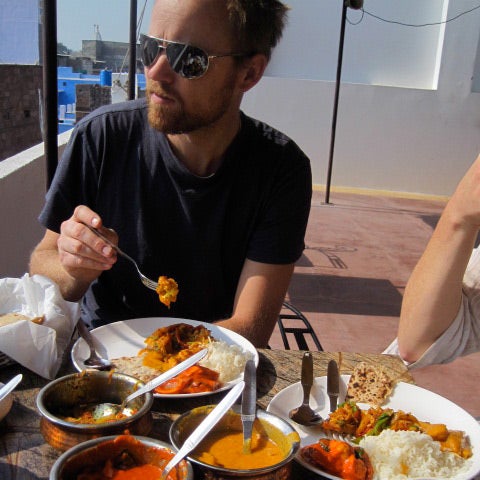
Mark Sundeen teaches environmental writing at the University of Montana. These days he holds the bun but eats the burger. Got a question of your own? Send it to sundogsalmanac@hotmail.com
The post I’m Worried That My High-Protein Diet Is Bad for the Planet appeared first on Outside Online.





